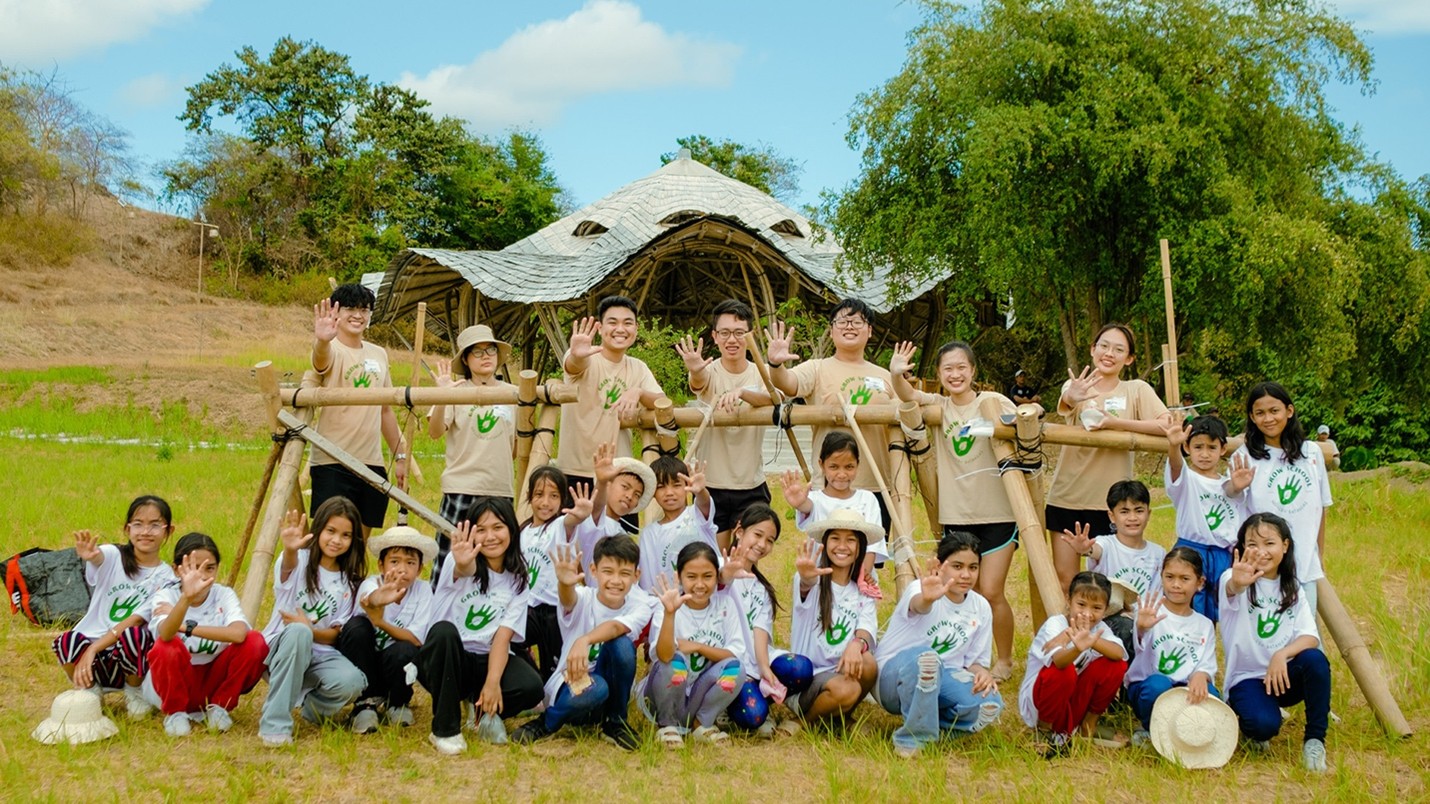When COVID-19 hit, infectious diseases expert Ooi Eng Eong stepped into the media spotlight, not because he sought attention, but out of a sense of responsibility. “If I don’t do it, and someone else says the wrong thing, the fault’s on me,” he says.
That sense of moral obligation is at the heart of science communication. It reminds us that accuracy without accessibility is useless, and that in the fight against misinformation, the voice of science must be both clear and human.
Communication in medicine is more than a tool. It is a responsibility. If we allow jargon to obscure meaning, or let mistrust and noise drown out the evidence, we risk eroding the very impact of science. Marcus Ong, Director of the Programme in Health Services Research & Population Health, puts it best: communication is the last mile in the scientific endeavour. You can do the research, test the solution, even prove its efficacy, but if you cannot explain it to stakeholders, policymakers, or patients, you fall short of making an impact where it matters most.
That conviction shapes this issue of MEDICUS. Our lead story, The Last Mile: The Human Responsibility of Science Communication, shows how Eng Eong, Marcus, Scott Compton, Anne-Claire Stona and others navigate this responsibility in real time. Their examples remind us that clarity, empathy and dialogue are not optional extras in science, that they are the very drivers of trust and adoption.
The same thread runs through other stories we’ve curated.
In the Duke Connection, communicators across the Duke ecosystem are finding new ways to help researchers tell their stories, bridging the gap between scientific discovery and the public.
In the SingHealth Connection, SGH’s Chief Communications Officer Jennifer Wee argues why owning our digital presence isn’t vanity—it’s survival in an age where attention and trust are contested ground.
And in our Campus features, voices like David Matchar and our newest medical students reveal how communication—in the clinic, the classroom, or the community—shapes identity, systems and purpose.
Our podcast explores how technology transforms learning by making knowledge more accessible.
Our Ask MEDICUS column looks at the questions students are too shy to ask but most need answered.
And the People section reminds us that behind every research breakthrough or award is a story that needs telling.
If there is one call to action from this issue, it is this: all of us in medicine are communicators. Whether you are explaining a diagnosis, presenting at a conference, or sharing your work with the media, you are shaping how science lives in the world. Do it well and you build trust. Do it poorly—or not at all—and you leave space for confusion, scepticism and harm.
So let’s take the last mile seriously. Let’s strip away the jargon, resist the temptation to overcomplicate and instead, meet people where they are. Because the real test of science isn’t just in what we discover, it’s in how well we can make it understood, trusted and transformative.
Here’s to stories that not only inform but create dialogue.
Warm regards,
Anirudh Sharma
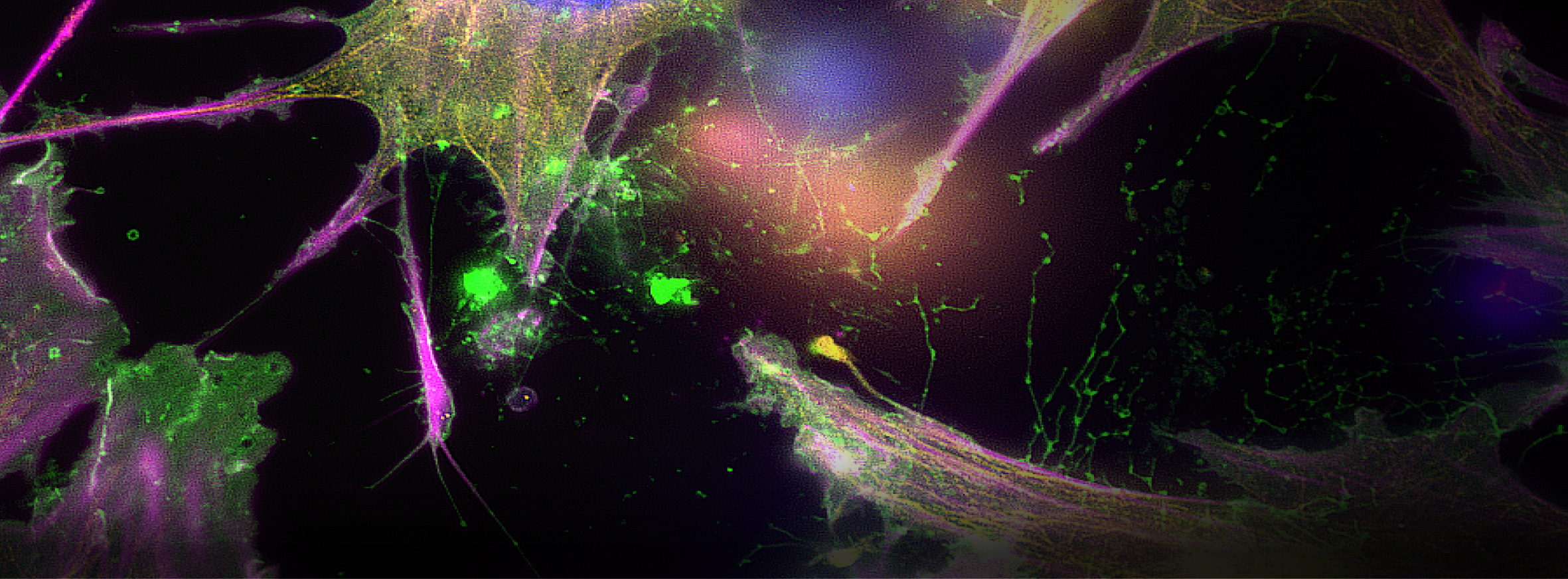
About the masthead
In keeping with this issue’s theme of communication, the cells in our masthead spotlight how dialogue happens even at the microscopic level. Known as telocytes, these gut support cells communicate through thin extensions called cytonemes, allowing them to “talk” directly to stem cells in the gut—much like neurons do in the brain. This discovery overturns long-held assumptions that chemical signals in the intestines simply diffuse through tissue, opening new possibilities for treating diseases like colon cancer and inflammatory bowel disease.
Photo credit: Dr Gediminas Greicius from Duke-NUS’ Programme in Cancer and Stem Cell Biology
About MEDICUS
MEDICUS, the School’s quarterly magazine, goes beyond the latest discoveries in education, research and academic medicine, shining a spotlight on the people whose ideas are shaping the future of science and medicine. In its coverage of Duke-NUS Medical School, a landmark collaboration between Duke University and the National University of Singapore, MEDICUS publishes award-winning stories about the scientists, educators, clinicians, students and alumni who work tirelessly to transform medicine and improve lives for people on the Little Red Dot and around the world.
Editor-in-chief
Anirudh Sharma
Production and eDM editor
Dr Chua Li Min
Editor
Daryl Li
Design
Wee Yanshou
Norfaezah Abdullah
Wee Yanshou
Digital production
Jessie Chew
Marketing and social
Sean Firoz
Yu Zehan
Writers and contributors
Alice Chia
Brandon Raeburn
Daryl Li
Dr Chua Li Min
Fedor Kossakovski
Goh Xuan Ying
Helmy Sa'at
Jennifer Wee
Tan Ruilin
Thomasi McDonald
Chow Wan Cheng, Duke-NUS
Christopher Laing, Duke-NUS
Chua Loo Lin, NUS
Jenne Foo, Duke-NUS
Jenny Ang Thar Bin, SingHealth
Luke James, Office of Duke-NUS Affairs @ Duke
Patrick Casey, Duke-NUS
Patrick Tan, Duke-NUS
Reza Shah Bin Mohd Anwar, Duke-NUS
Rin-rin Yu, Duke
Scott Compton, Duke-NUS
Stephanie Batot, SingHealth Duke-NUS Global Health Institute




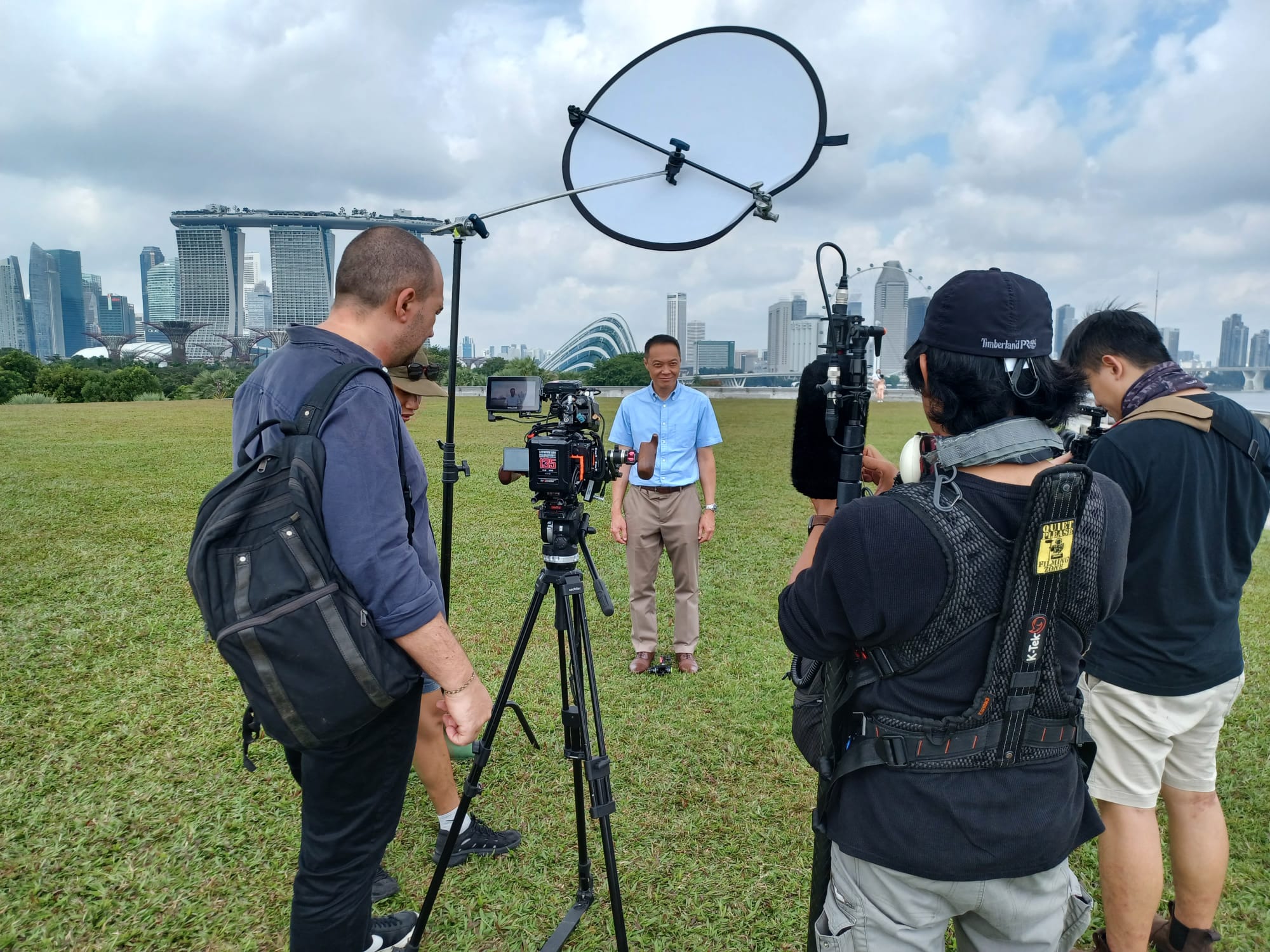
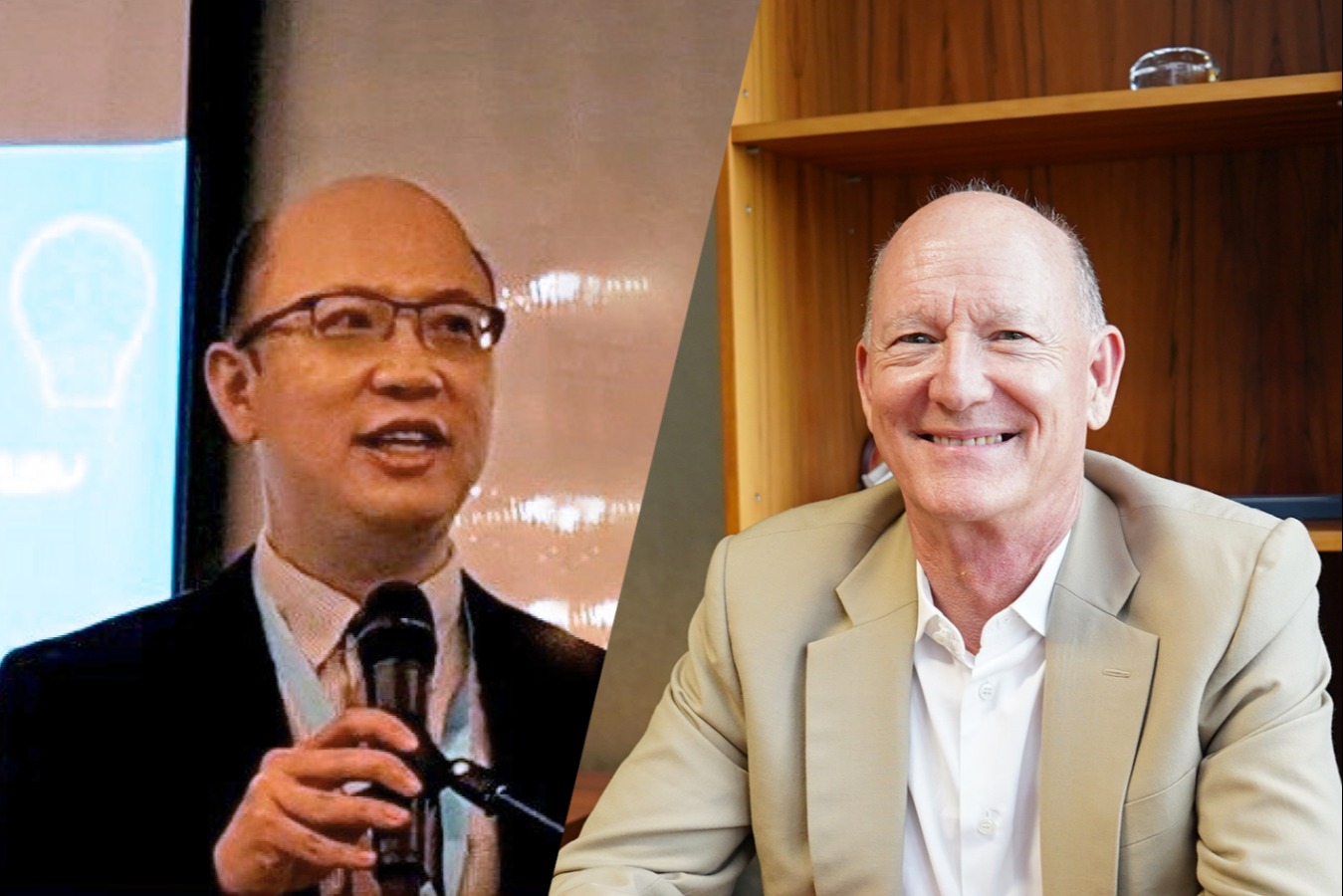
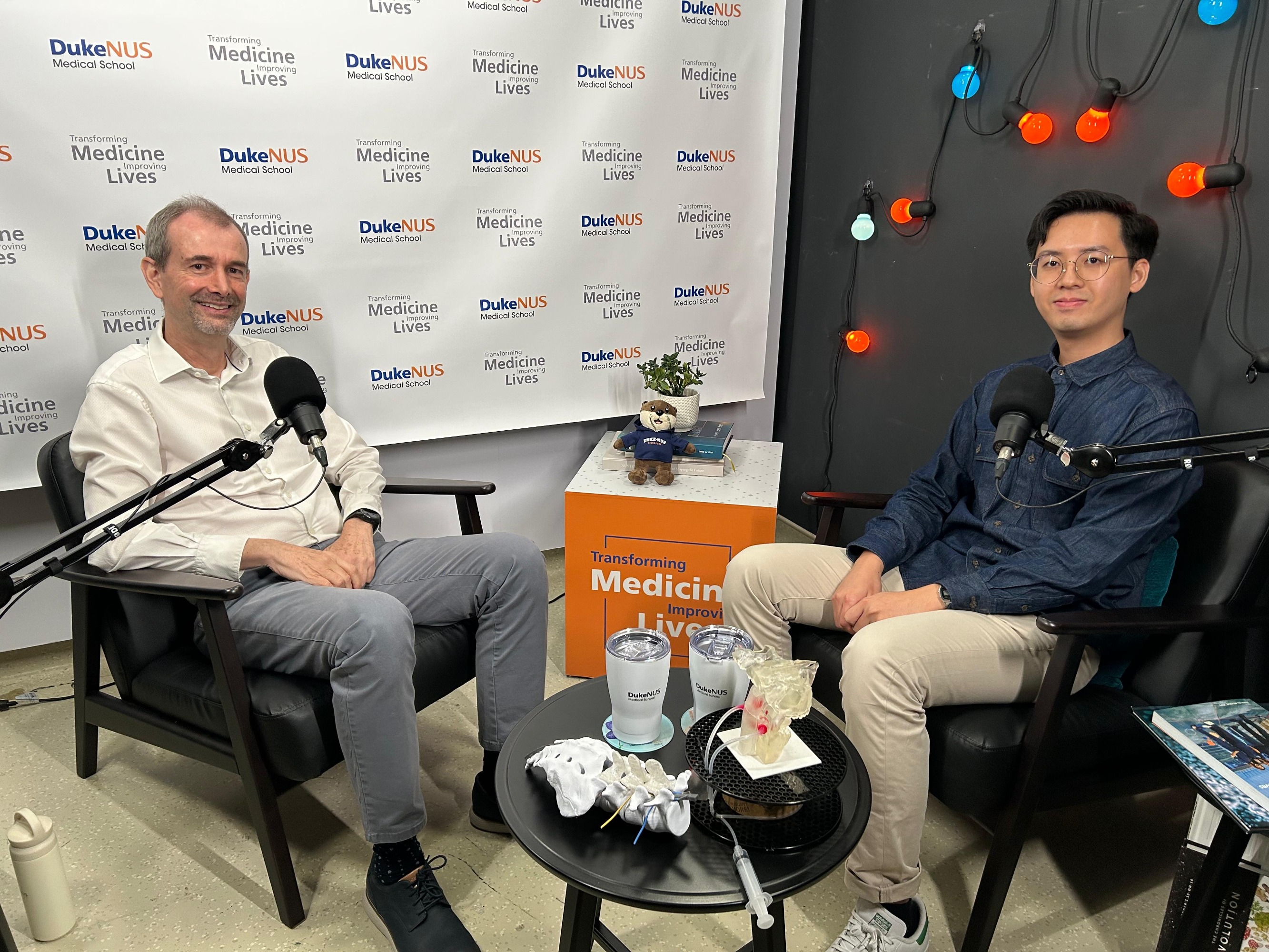
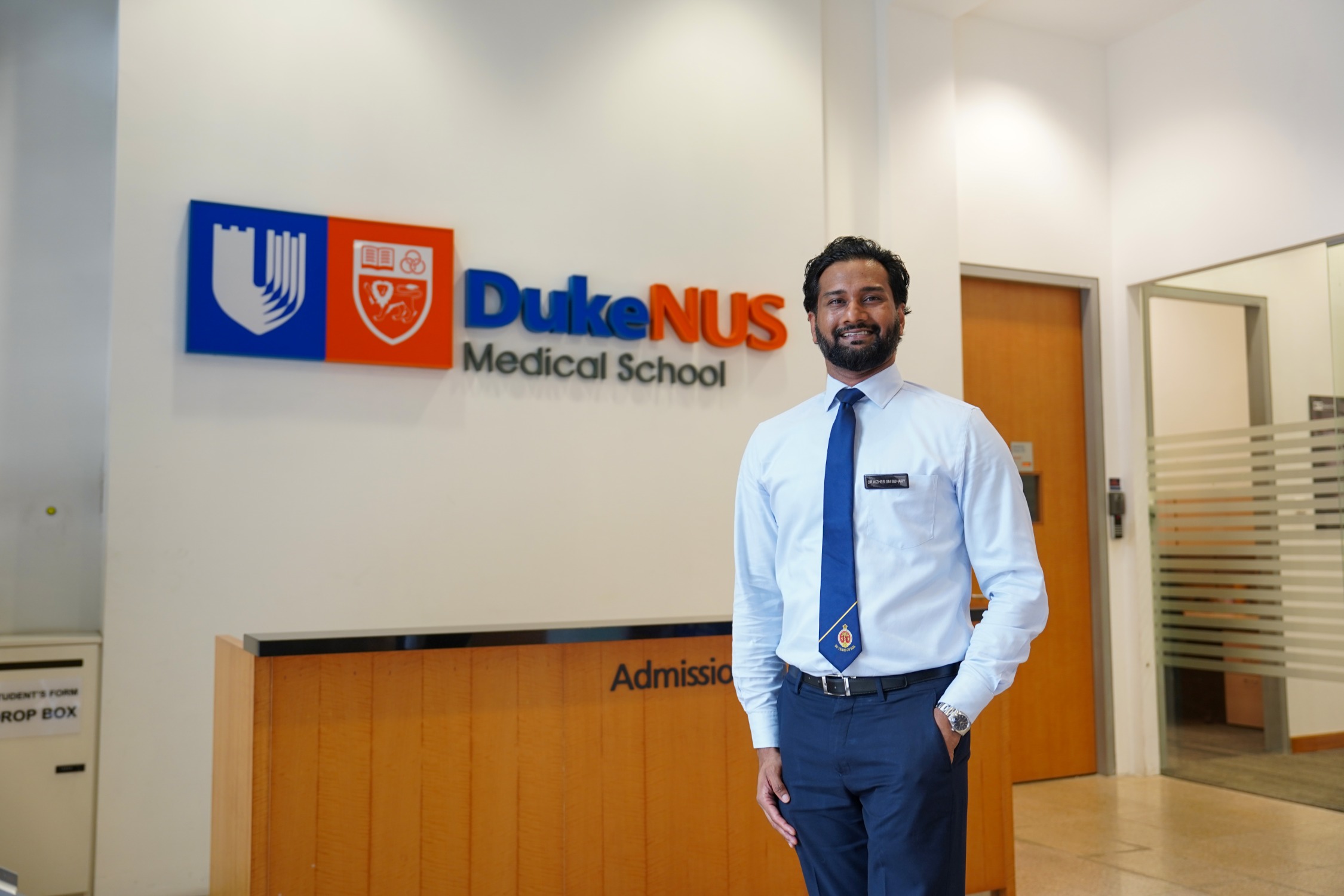
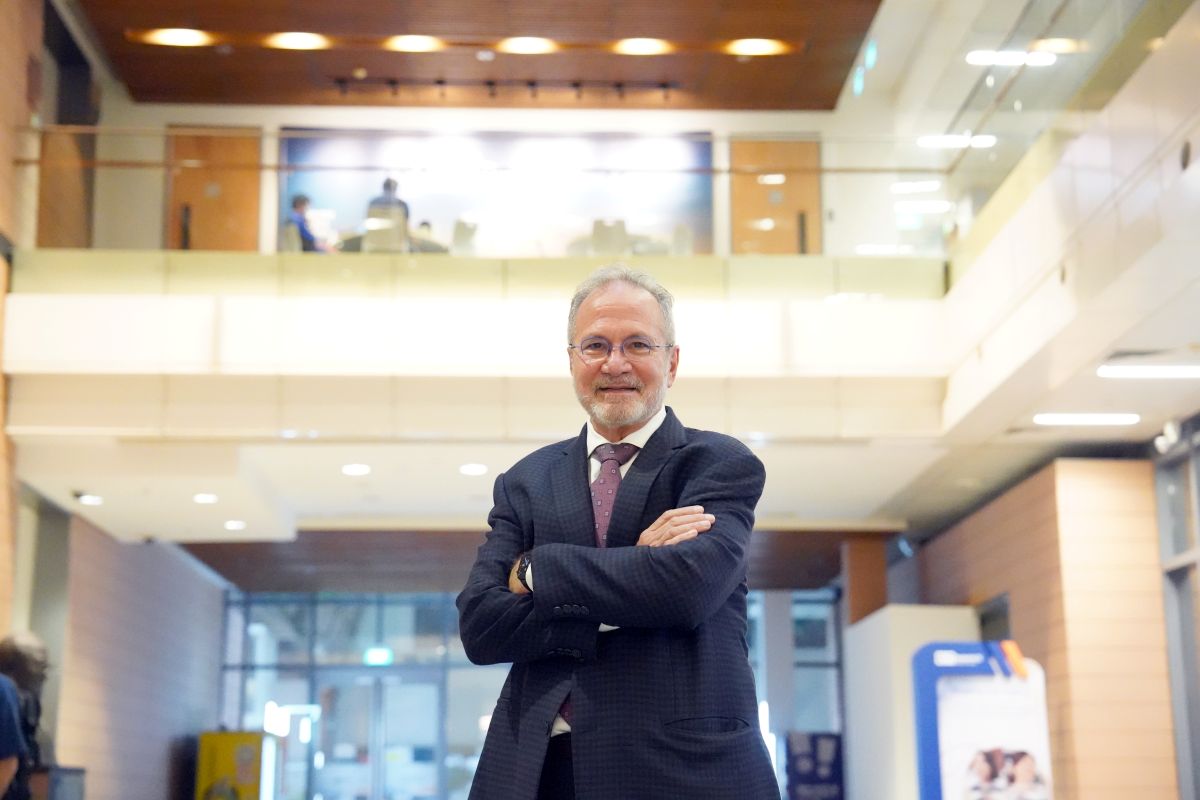
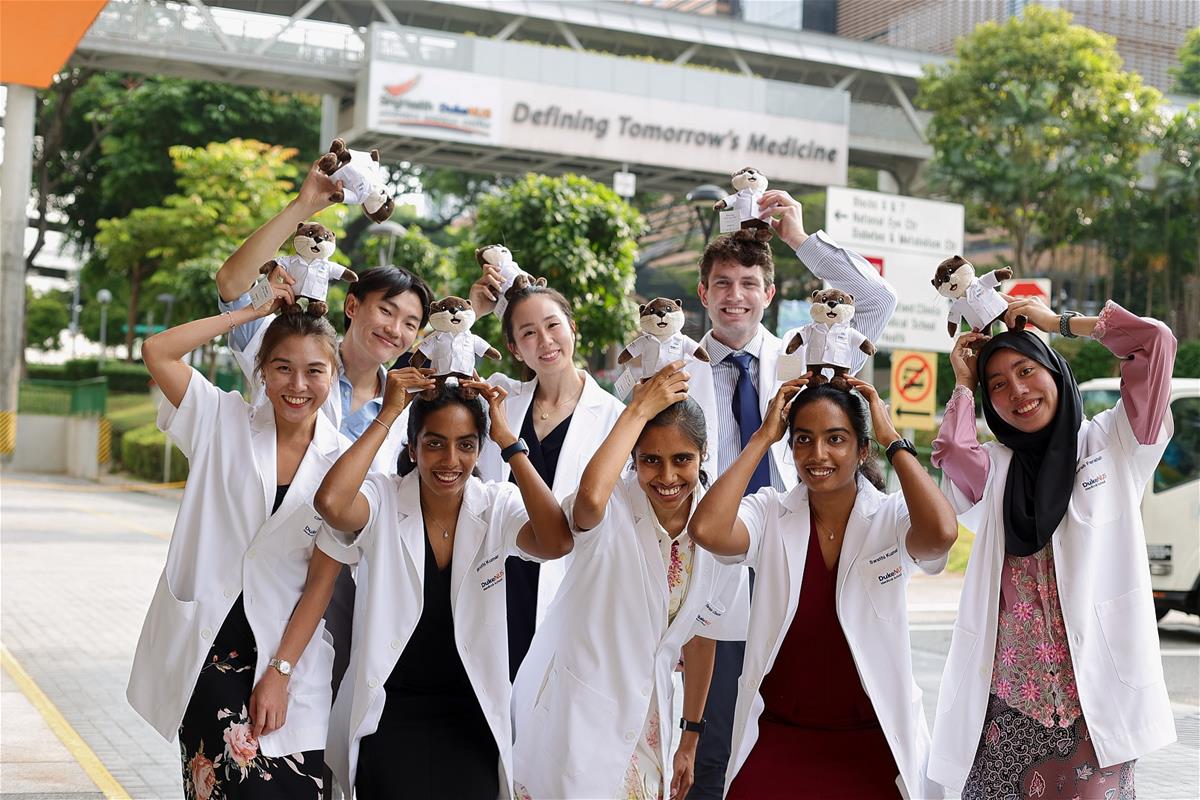
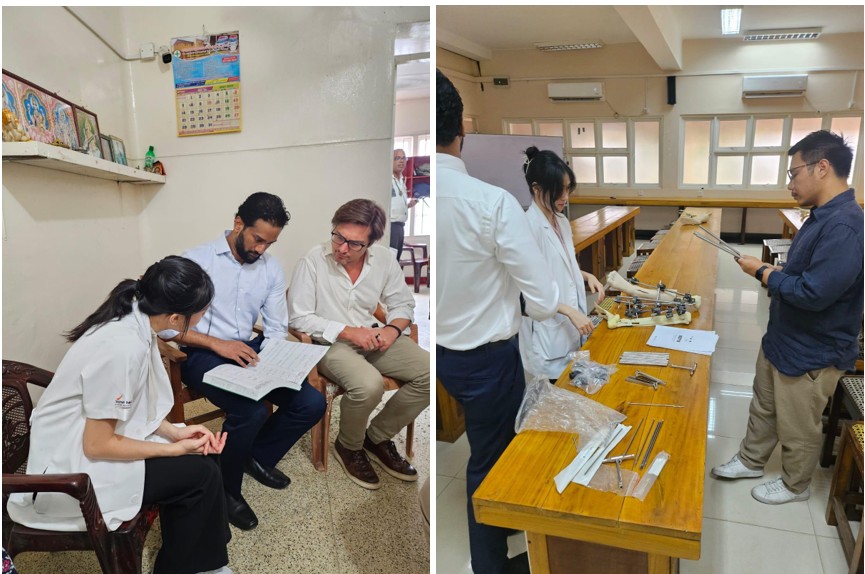
_workshop.jpeg?sfvrsn=183a5752_2)
